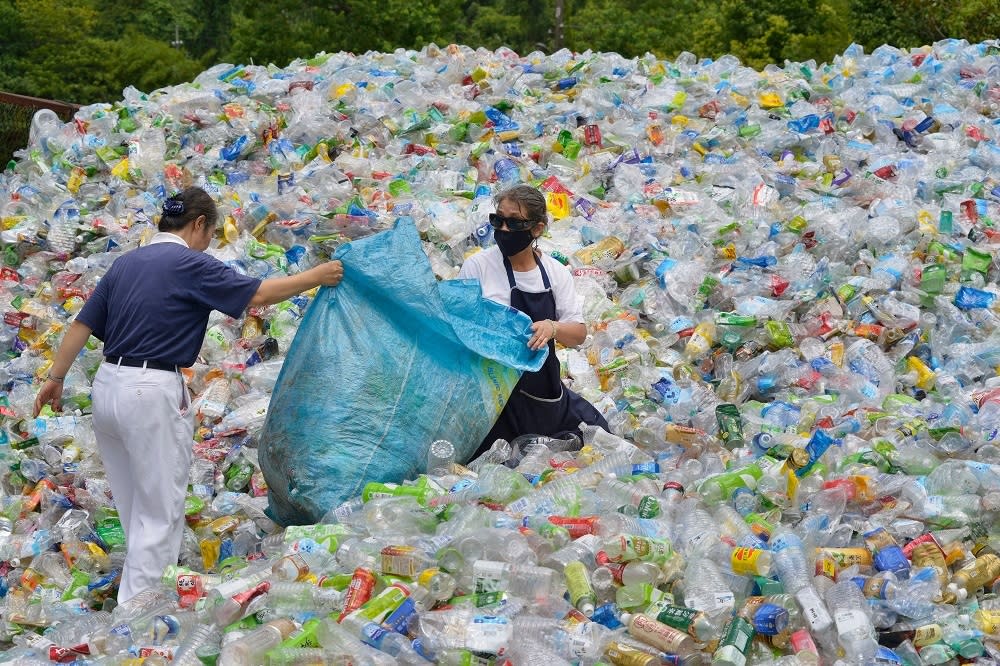Consumer group says recycled plastic pellets from Malaysia contain toxic chemicals

GEORGE TOWN, April 18 — Penang Consumers Association (CAP) today revealed that 500 toxic chemicals, including pesticides and industrial chemicals, were detected in recycled plastic pellets from 13 countries including Malaysia.
CAP president Mohideen Abdul Kader said recently published studies revealed a total of 123 chemicals were detected in two samples that were analysed in pellets from Malaysia.
He said, in the first sample analysed from Malaysia, a total of 107 chemicals were detected, while in the second sample, a total of 111 chemicals were detected.
“Out of the 30 chemicals detected at the highest concentration, it is noted that half were traces from various stages of the production of different types of plastics,” he said in a statement today.
He said the 30 chemicals also included several bioactive substances, including pesticides, such as chlorpyrifos, and pharmaceuticals, and this included three Polycyclic Aromatic Hydrocarbons (PAHs).
“Chemicals found in recycled plastics may already be making us more susceptible to cancer, heart disease, reproductive disorders, diabetes, obesity, and other serious health conditions,” he warned.
He said an effective Plastics Treaty is needed to address the health and environmental threat from plastic chemicals and include approaches to control plastic production.
“We cannot recycle our way out of the toxic plastic problem,” he said.
He said the data from the research is especially relevant now as government officials from Malaysia will be participating in the Global Plastics Treaty negotiations in Ottawa, Canada later this month.
“Many previous reports have found that plastic recycling is a vector for spreading toxic chemicals,” he said.
He said plastics are made with 16,000 chemicals, at least 25 per cent of which are known to be toxic, and for most of the remaining chemicals, there is no information on their human health or environmental impact.
“Also, the process of plastic recycling can create new toxic substances, adding even more chemicals to recycled plastic,” he said.
He said currently, there are no international requirements to monitor chemicals in recycled plastics or make the chemical content of plastic materials and products publicly available and accessible.
“This means that the spread of chemicals from recycled plastics is currently untraceable and uncontrollable,” he said.
He said international controls are needed due to the extensive international trade in chemicals, plastics, and plastic waste.
“The new Plastics Treaty will be an important instrument to address toxic chemicals in plastics in many ways,” he said.
He said it is important that the treaty contains strong, legally binding control provisions that call for the elimination of toxic chemicals throughout the full life cycle of plastics.
He said it should also make information on chemicals in plastics mandatory and publicly available.
Finally, he said there should be measures to control plastic production volumes.



